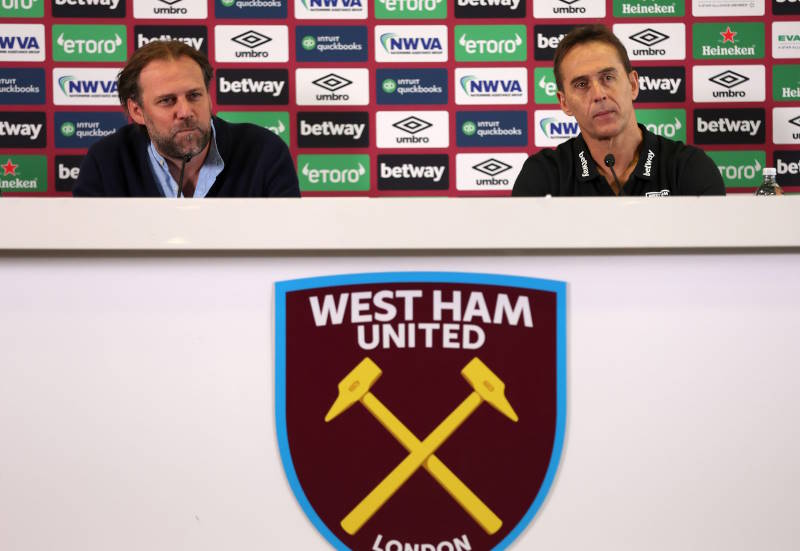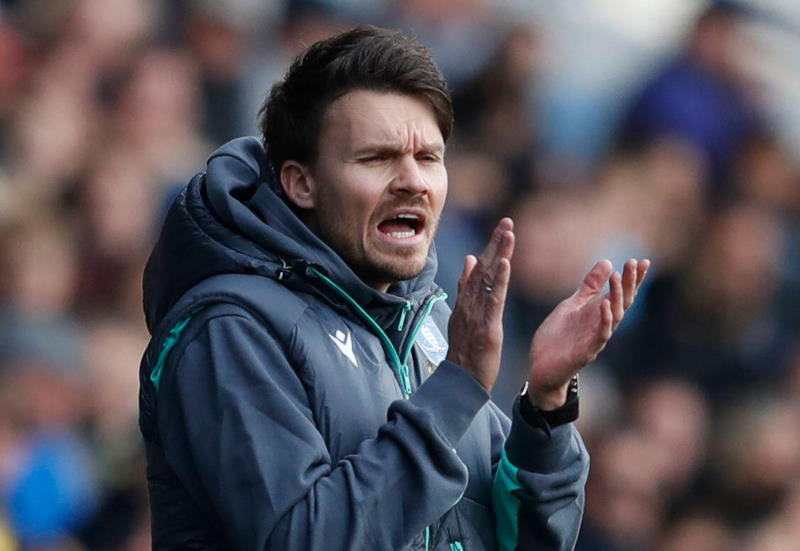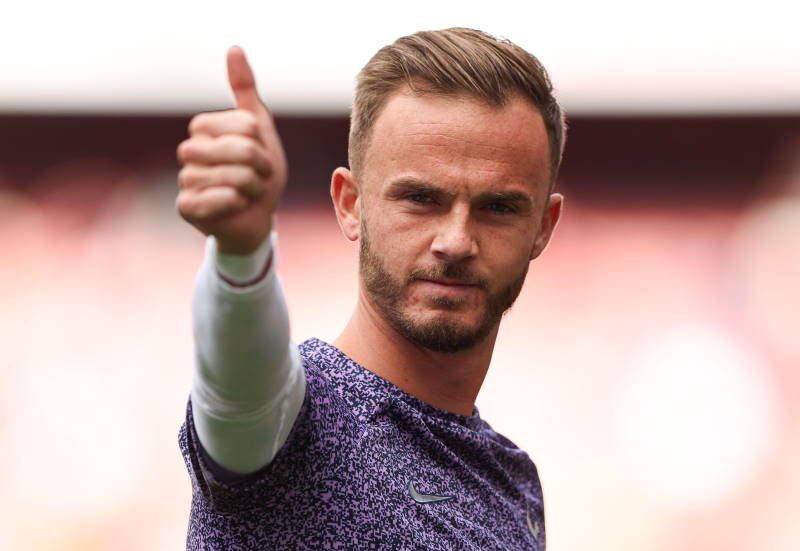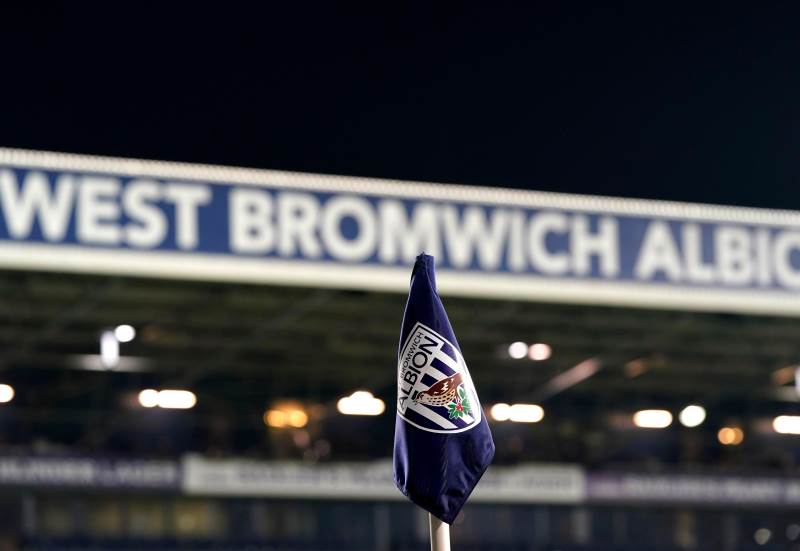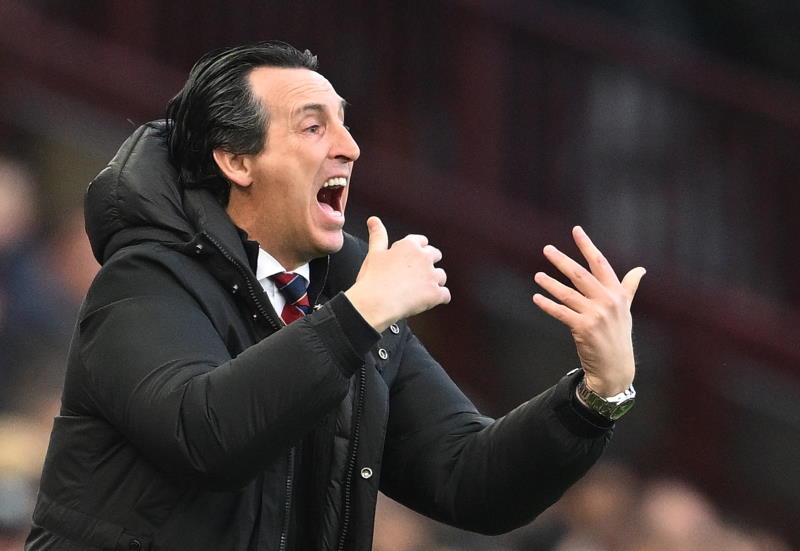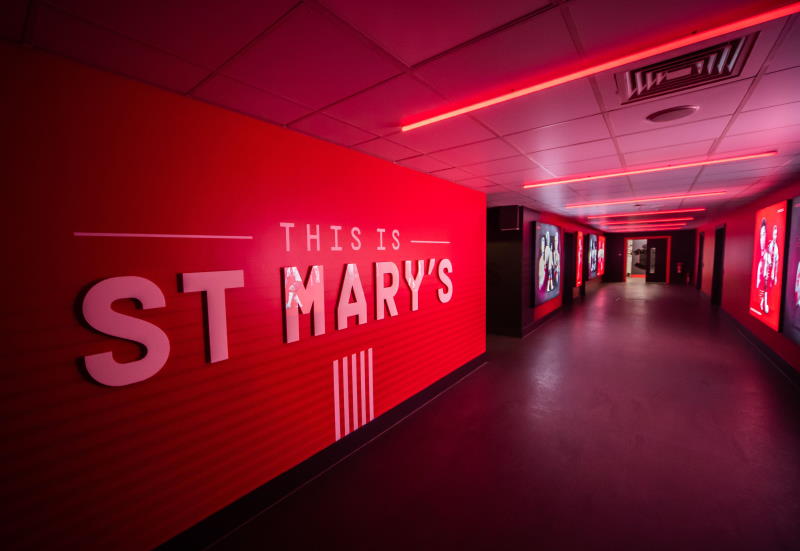Nick Dorrington
Facebook is a worldwide phenomenon that has grown out from the college campuses of America to challenge Myspace’s crown as the king of internet social networking. With more than 150 million active users, Facebook is fast becoming more than just a place to catch up with friends, giving people with similar ideologies the opportunity to get together and initiate change at any level.
From a group of Egyptian political activists looking to topple the country’s government, to a slightly less ambitious bunch hoping to rid our screens of ‘Reality TV’ bore Big Brother, Facebook is providing the platform for change. For Chilean football supporters, fed up with the lack of options up front for the national team, it was the starting point of a campaign to get Colo Colo’s Argentine striker Lucas Barrios naturalised.
Just days after a group entitled: ‘So that Lucas is naturalised as Chilean to play for the Red one’ was created in October 2008, more than 9,000 members had joined to express their desire to see Barrios take to the field for Marcelo Bielsa’s La Roja. At current standing, there are just under 45,000 members, garnering the attention of the Chilean media, and – most importantly – Barrios himself.
“It is immensely flattering, especially as it comes from the fans,” he told Terra back in October. “If I was to wear the shirt of Chile then I would do so with all my heart, through affection and not for money.” His words became even stronger recently, when he stated that “I would like to be naturalised, because I feel at one with Chile having been here for some time.”
It is no surprise that he should feel at home, as it is in Chile that Barrios’ career has finally taken hold. After spending much of his formative years in the lower divisions, it was a move to Cobreloa in 2006 that gave the first glimpse of his immense goal-scoring talent. 20 goals in just under 40 games was enough to convince Mexican side Atlas to pay $2.5M for his signature in 2007.
However, things did not go to plan for Barrios in Mexico, as he managed just one goal in 14 appearances and was soon back in Chile, on loan at the country’s most successful club, Colo Colo.
And it is with Colo Colo that Barrios has come to worldwide attention after a spectacular 2008 that saw him equal Luis Hernan Alvarez’s 1963 record of 37 goals in a calendar year for Los Albos. That figure was three ahead of the total managed by Colo Colo’s other recent scoring sensation, Humberto Suazo, and it is he that Chile supporters are keen to see Barrios line-up alongside at international level.
With Carlos Tevez, Sergio Aguero, Ezequiel Lavezzi, Lisandro Lopez and German Denis already established in the Argentina squad, and the likes of Gonzalo Higuain, Fernando Cavenaghi and Diego Milito all knocking on the door, coach Diego Maradona is already overwhelmed with striking talent from which to choose. With Barrios unlikely to get a look in, switching allegiance to Chile seems like a pretty sound option.
Marcelo Bielsa is far less well endowed in the attacking stakes, with Suazo currently representing the only prolific striker in his squad. Although Bielsa’s favoured formation includes just one out and out striker, a lack of alternative options could cost Chile their hopes of reaching the 2010 World Cup. The Argentine tactician would surely be more than happy to have Barrios at his disposal, should the 24 year-old’s naturalisation come to fruition.
Chile’s nationality law indicates that any person wishing to be naturalised must have held continuous residence in the country for five years. Barrios has been in the country since 2005 and is thus getting close to meeting the five year stipulation, with his sojourn in Mexico unlikely to count against him should he apply for citizenship in the near future.
European interest in the January transfer window had briefly threatened to derail the naturalisation campaign, but with moves to AS Nancy and Espanyol failing to materialise, the chances of him taking to the field for Chile are looking increasingly likely. Excepting a bid from the Middle East, where United Arab Emirates club Al-Ain have shown an interest, Barrios now looks likely to stay at Colo Colo until the summer.
Should he translate his domestic form into the club’s 2009 Copa Libertadores campaign then support for his naturalisation is sure to grow sufficiently to make it a priority ahead of the penultimate rounds of World Cup Qualifying in September.
What started as a few Chile supporters getting together on Facebook could, by the end of year, see Barrios taking to the field for their national team. If that were to happen then it would be a quite remarkable story, and illustrate once more the growing power wielded by the internet generation, even over a sport so rooted in history as our beautiful game.

